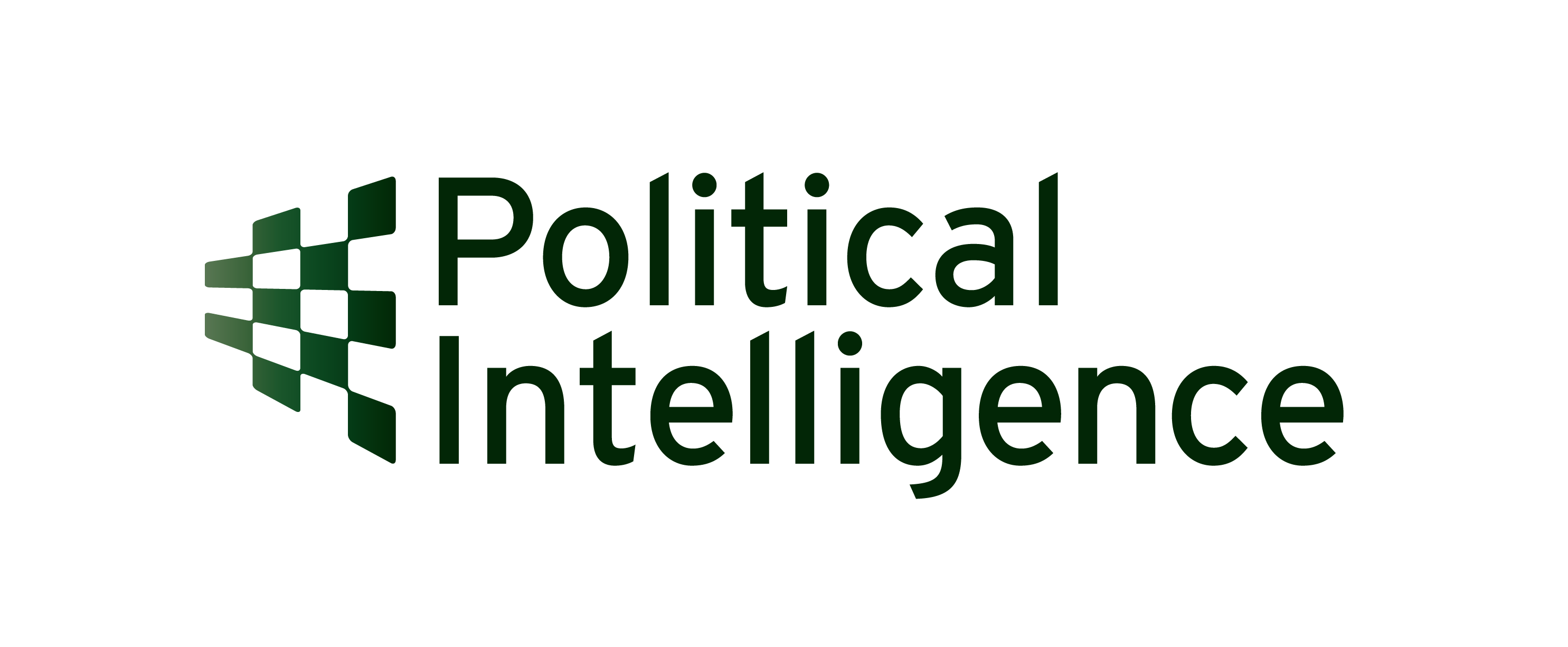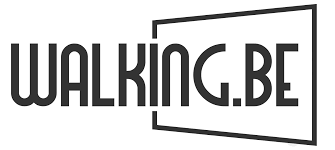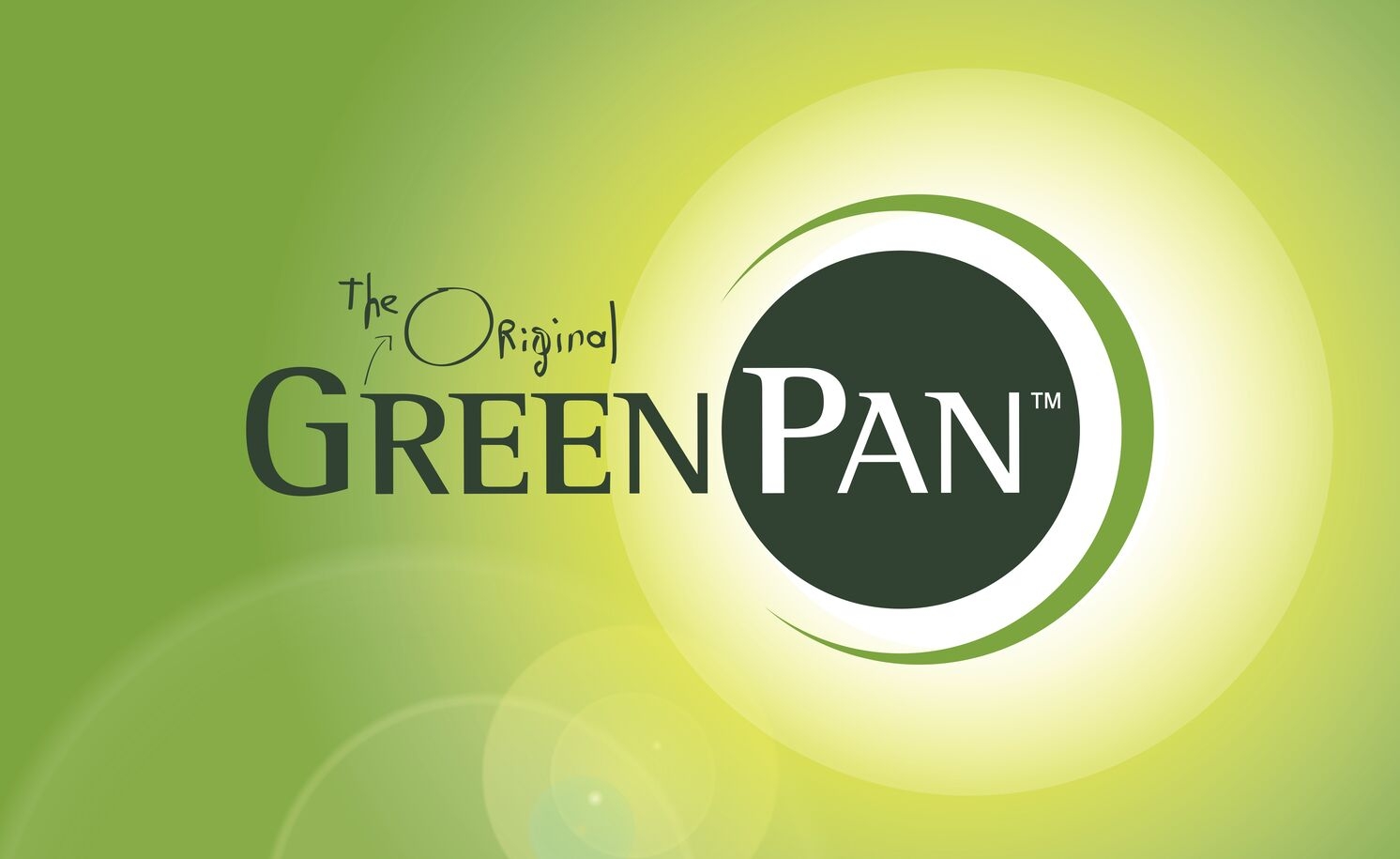Breast cancer vaccines

When you think of a vaccine, you spontaneously think of the shots that prevent infectious diseases, against measles, covid or influenza, for example, but a breast cancer vaccine is something else entirely. Breast cancer vaccines are a new treatment method for patients with breast cancer that is under development. They are designed to train the immune system to recognize and destroy cancer cells. Just as traditional vaccines target viruses or bacteria, breast cancer vaccines target specific proteins (antigens) found on breast cancer cells. These vaccines, also administered as pricks, excite the immune system and train it to recognize cancer cells with well-defined antigens on their surface as foreign and then destroy them. This offers the important advantage that only cancer cells are attacked, leaving healthy cells unaffected. They thus work in a more targeted way and are therefore expected to have fewer side effects than chemotherapy. However, it is not a "one-size-fits-all" solution: breast cancer has many subtypes and the cancer cells have different antigens on their surface. For example, people are developing breast cancer vaccines against HER2-positive, triple-negative breast cancer, metastatic breast cancer and even carriers of breast cancer genes. These vaccines are not yet on the market in 2025 and are still in the research phase. It remains to be seen whether all patients will respond equally well to them, what possible side effects may occur over time or how long the triggered immune system can stop breast cancer. At best, these breast cancer vaccines will also be able to prevent relapses. It's hopeful, and it proves once again how hard scientists and pharmaceutical companies are pushing for even better treatments for breast cancer. We will keep our finger on the pulse for you.
Continue reading

Former top model Elle Macpherson with breast cancer refuses chemotherapy

The House on the Scheldt: new meeting house for fellow sufferers


.png)












.png)
















